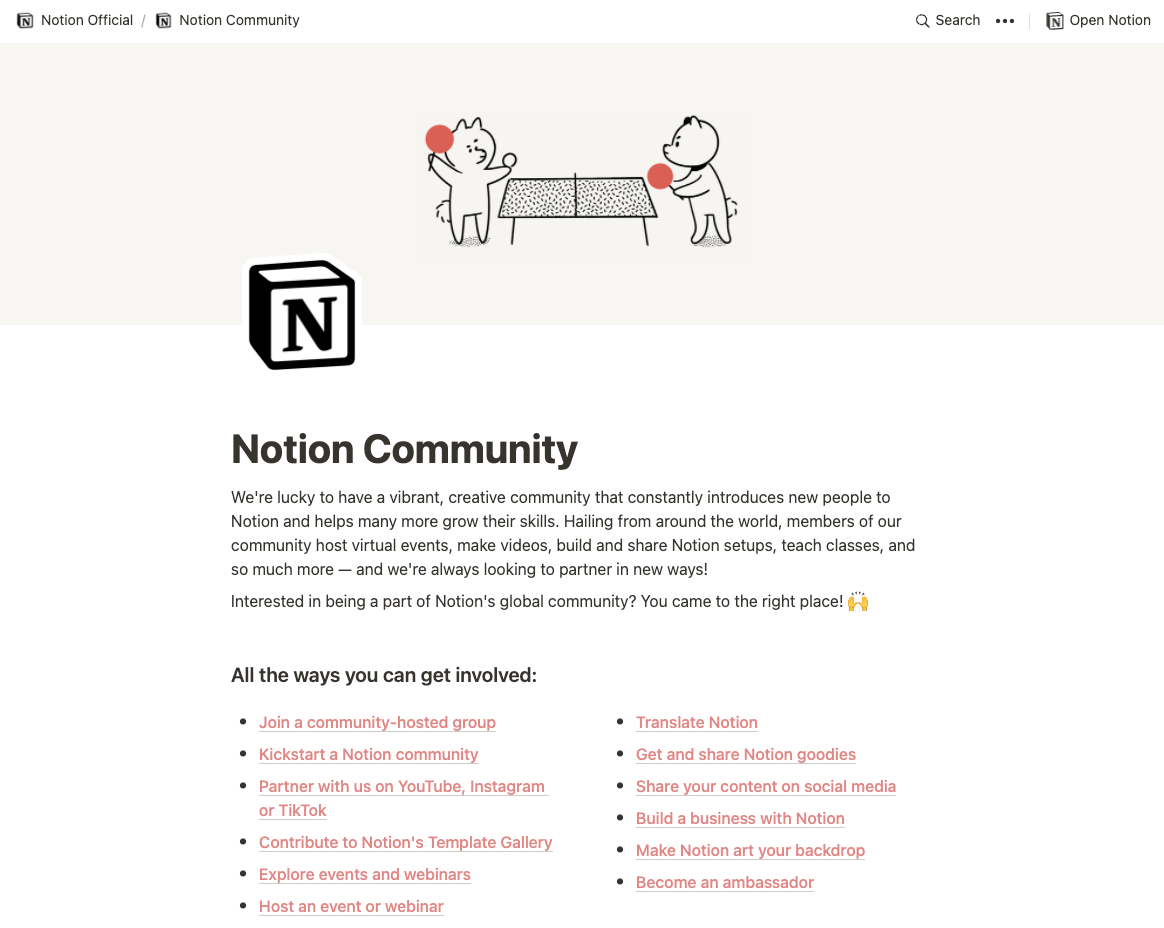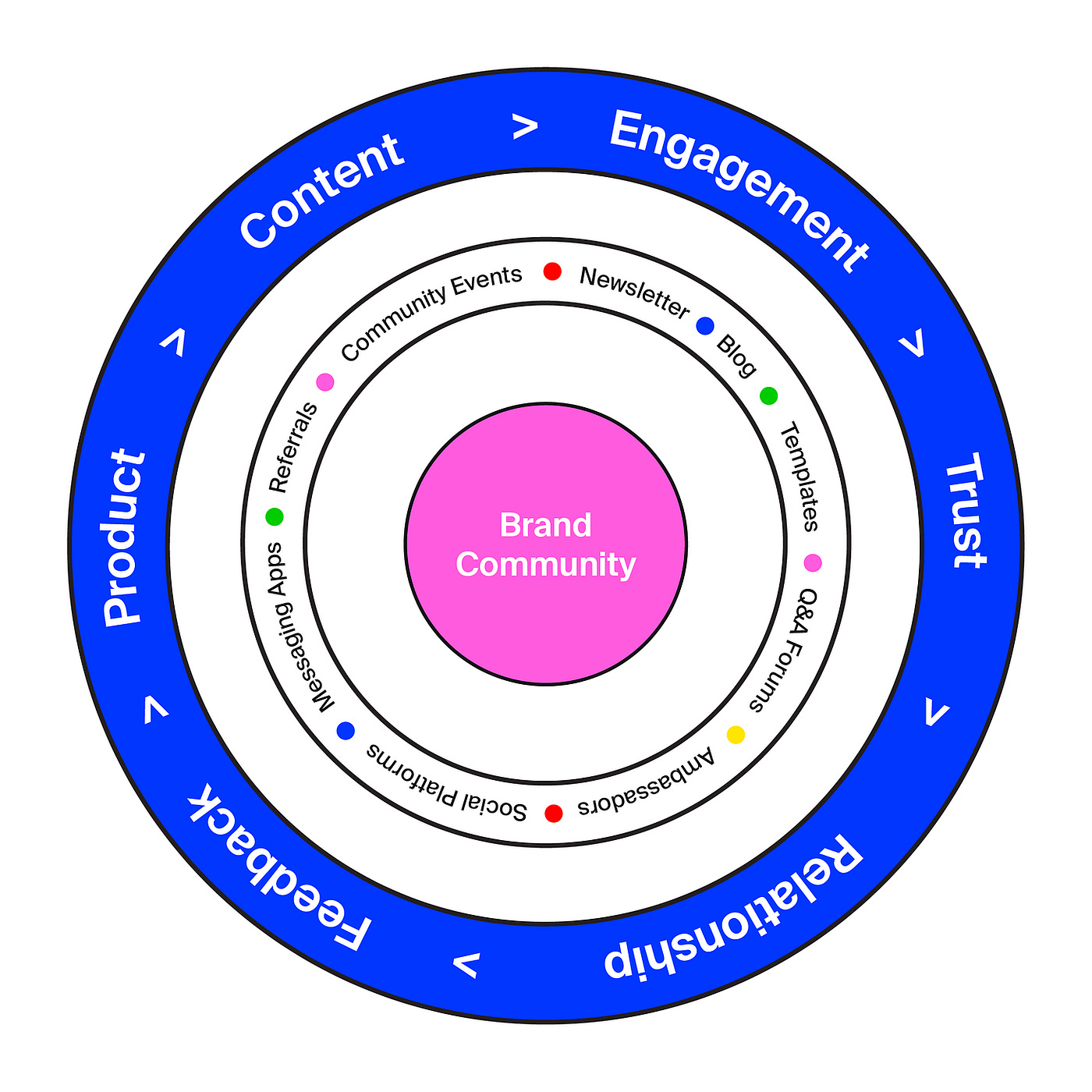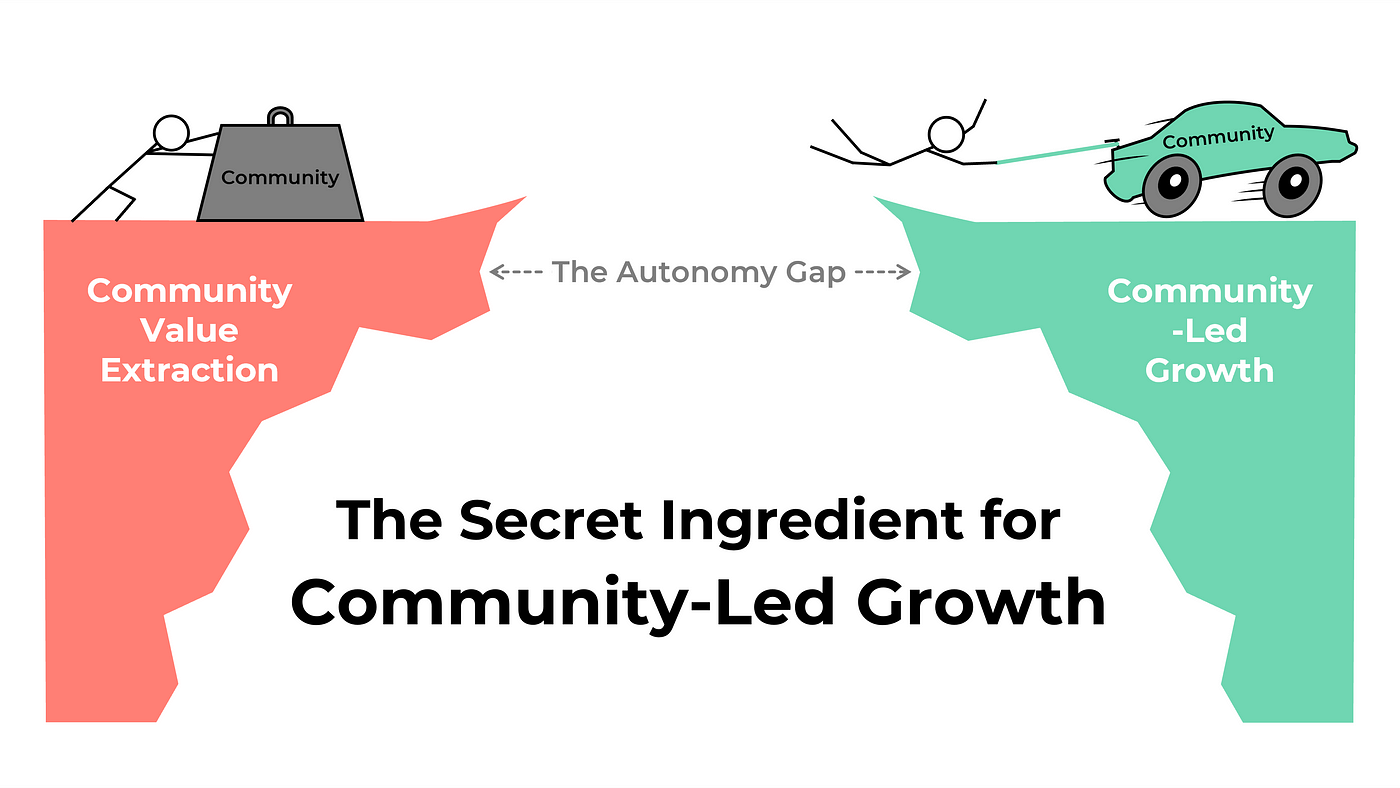How a Community-led Approach Fueled Notion's Growth
How Community-led Growth Revolutionized Productivity Tools
Notion is a popular productivity tool that has experienced rapid growth over the past few years, thanks in part to its community-led growth approach. As of 2021, Notion has over 6 million users, up from just 1 million in 2018. In this blog post, we will explore how Notion used community-led growth to overcome challenges and scale its business, and the lessons that other companies can learn from its approach.
The Problems
When Notion was launched in 2016, the team faced several challenges.
First, there was intense competition in the productivity tool market, with established players like Evernote, Trello, and Asana dominating the space.
Second, Notion had a limited marketing budget, which made it difficult to reach a broad audience.
Third, the product was still in its early stages, with several bugs and usability issues that needed to be addressed.
The Approach
To overcome these challenges, Notion adopted a community-led growth approach, which involved leveraging the power of its users to drive growth and development. Here are some of the key elements of Notion's community-led growth strategy
1. Building a loyal user base
Notion focused on building a loyal user base by providing an exceptional user experience and listening to customer feedback. The team regularly updated the product based on user feedback, which helped to build a sense of ownership and loyalty among users. As a result, Notion's Net Promoter Score (NPS), a measure of customer loyalty, has consistently been in the high 70s, which is considered excellent.
2. Encouraging user-generated content
Notion encouraged users to create and share templates, tutorials, and other resources that could help others to use the product more effectively. The company created a template gallery, where users could share their templates and get featured on the Notion website. This helped to create a sense of community and collaboration among users. As of 2021, there are over 500 community-created templates in the Notion template gallery.
3. Partnering with influencers
Notion partnered with influencers and bloggers in the productivity and tech space to create content and promote the product. This helped to reach a broader audience and build credibility for the product. Notion's partnerships with influencers have resulted in over 1 million views of Notion-related content on YouTube alone.
4. Creating a referral program
Notion created a referral program, where users could invite their friends to try the product and earn credits for their account. This helped to drive word-of-mouth marketing and incentivized users to share the product with their networks. As of 2021, over 30% of Notion's new users come from its referral program.
The Takeaways for Others
Notion's community-led growth approach has several lessons that other companies can learn from. Here are some of the key takeaways:
1. Focus on building a loyal user base
By focusing on providing an exceptional user experience and listening to customer feedback, Notion was able to build a loyal user base that helped to drive growth and development. Notion's high NPS score is a testament to the effectiveness of this approach.
2. Encourage user-generated content
User-generated content can be a powerful tool for driving growth and building a sense of community around a product. By creating a platform for users to share their templates and tutorials, Notion was able to tap into the creativity and expertise of its user base. The large number of templates in the Notion template gallery is evidence of the success of this approach.
3. Partner with influencers
Partnering with influencers and bloggers can help to reach a broader audience and build credibility for a product. Notion's partnerships with influencers resulted in a significant increase in views of Notion-related content on YouTube, which in turn, helped to drive more signups and user engagement.
4. Create a referral program
A well-designed referral program can be an effective way to drive word-of-mouth marketing and incentivize users to share a product with their networks. Notion's referral program has been successful in driving a significant portion of its new user growth.
5. Listen to customer feedback
Listening to customer feedback is crucial for building a product that users love. Notion's community-led growth approach involved regularly updating the product based on user feedback, which helped to improve its usability and feature set. This approach also helped to build a sense of ownership and loyalty among users, which contributed to its rapid growth.
In conclusion, Notion's community-led growth approach has been instrumental in its success. By building a loyal user base, encouraging user-generated content, partnering with influencers, creating a referral program, and listening to customer feedback, Notion has been able to overcome challenges and scale its business rapidly. Other companies can learn from Notion's approach and implement similar strategies to drive growth and build a loyal user base.







